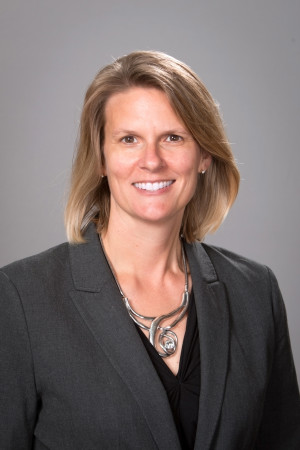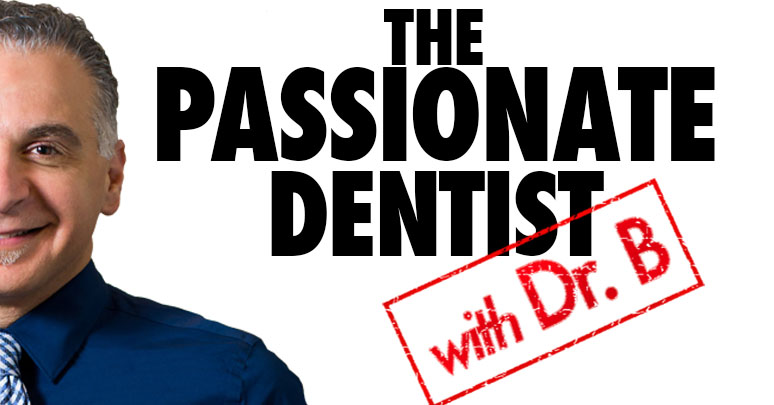 After graduating from the University of Michigan School of Dentistry, Dr. Lisa Knowles has practiced in Michigan for the past 18 years. She has the unique ability to see the whole picture and the whole patient. She spends much of her time speaking across the country to dental schools, clubs and associations. Dr. Knowles is an adjunct faculty member at the University of Detroit Mercy School of Dentistry, and she writes for several journals including Dental Economics, Dr. Bicuspid.com, Dental Products Report, and for her own blog at Beyond32Teeth.com.
After graduating from the University of Michigan School of Dentistry, Dr. Lisa Knowles has practiced in Michigan for the past 18 years. She has the unique ability to see the whole picture and the whole patient. She spends much of her time speaking across the country to dental schools, clubs and associations. Dr. Knowles is an adjunct faculty member at the University of Detroit Mercy School of Dentistry, and she writes for several journals including Dental Economics, Dr. Bicuspid.com, Dental Products Report, and for her own blog at Beyond32Teeth.com.
In this episode we discuss:
– Not sweating the small stuff
– Managing stress and preventing burn out
– helping dentists learn to appreciate the business side of dentistry

 055: Medical Billing For Dental Procedures
055: Medical Billing For Dental Procedures 061: Inspiring Change Through C.R.E.W.
061: Inspiring Change Through C.R.E.W.


